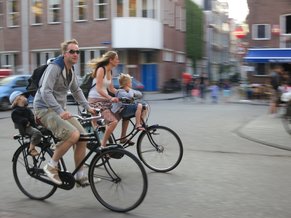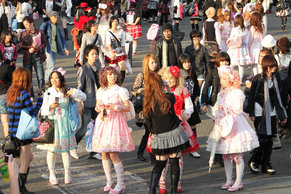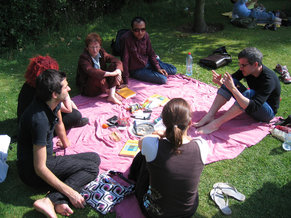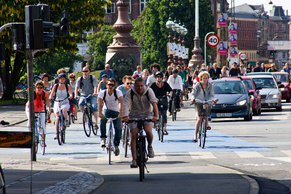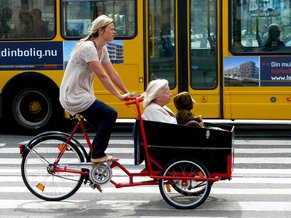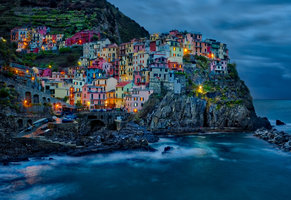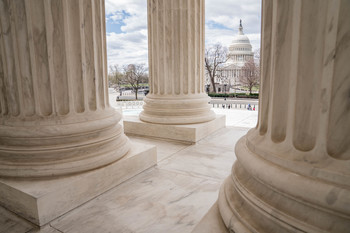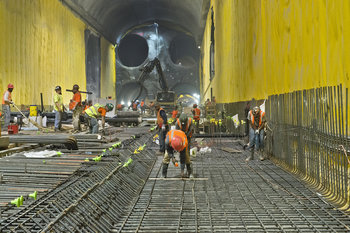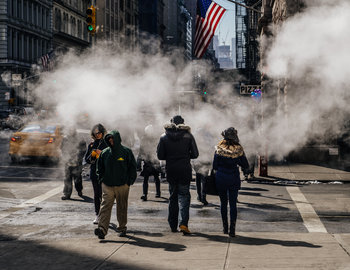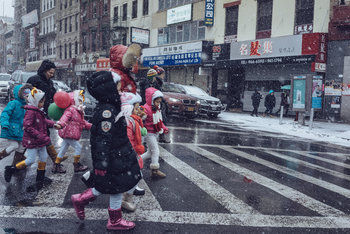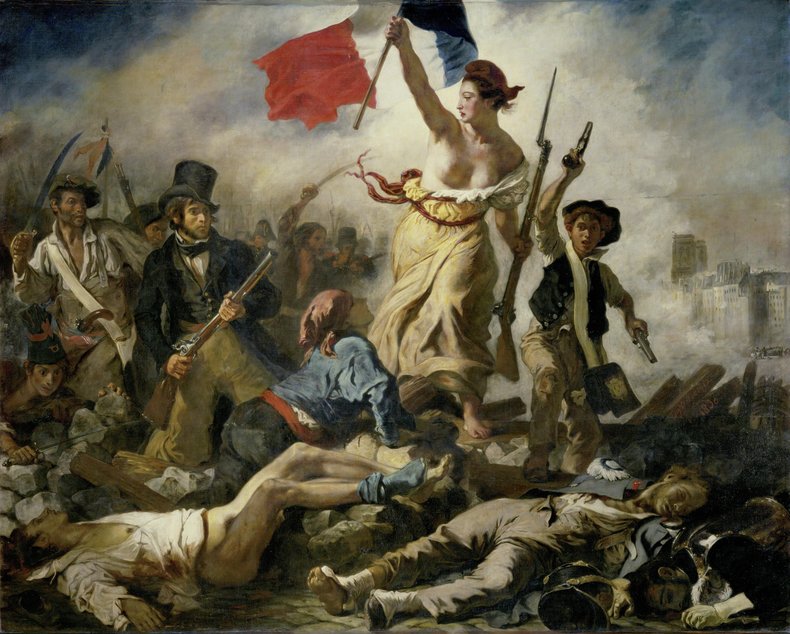
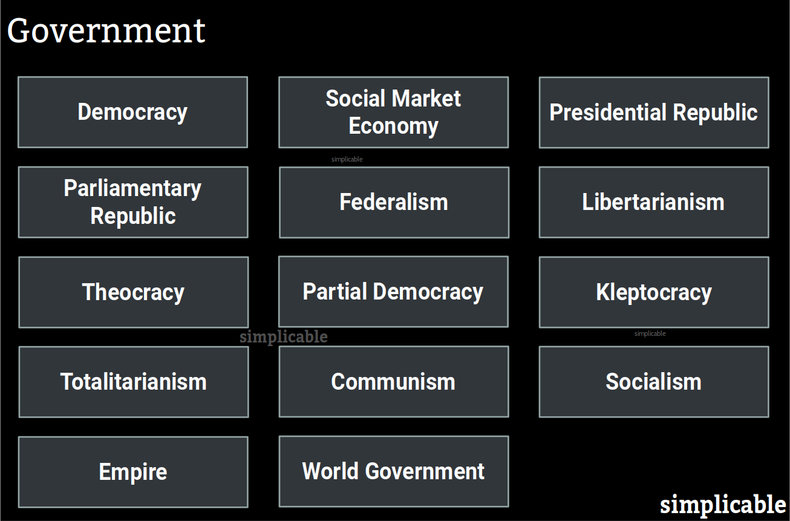
Democracy
A system that gives the people the right to choose their government and their governing legislation. This requires a wide range of rights including voting, freedom of association, freedom of speech and the right to run for public office.Social Market Economy
A democracy with a capitalist market economy that uses taxation and regulations to create more even income distribution and to reduce economic bads. Most developed countries are a social market economy.Presidential Republic
A democracy where people vote separately for a president and a legislative branch. This invests significant power in a single individual. A system of checks and balances may be used to prevent abuse of power.Parliamentary Republic
A system of government where people vote for a legislative branch and the head of government is appointed by that branch. This allows a prime minister, premier or chancellor to be replaced at any time by the legislative branch.Federalism
A society that balances power between a national government and multiple regional governments such as states or provinces. This is a device to unify a large country with many regional differences.Libertarianism
A society that minimizes the scope of government in order to prioritize freedom, autonomy, individualism and free association.Theocracy
A government that is strongly tied to a religion.Partial Democracy
A nation that has voting but isn't a full democracy due to restrictions and controls that prevent political participation. For example, a nation where the media is owned or strongly influenced by the government.Kleptocracy
A corrupt government that uses the resources of society as a source of wealth and power for a small elite.Totalitarianism
A one-party state, monarchy or dictatorship that do not tolerate political opposition.Communism
A system where all productive property is owned and controlled by the "workers." In practice, this grants all power to a bureaucratic elite that administer every aspect of society. Without a profit motive, the economy must be centrally planned. In countries where this was implemented central planning resulted in low quality of life, extreme inefficiency and famine. Communism has only been implemented as a totalitarian state as people would be likely to take back power from the bureaucratic elite if given a vote.Socialism
Socialism is a non-specific term that is commonly applied to both social market economies and communism. These systems have little in common as there is a huge difference between taxing and regulating companies and having the government actually take possession and control of all property and economic functions in the name of "the workers" or "the community."Empire
A government that engages in conquest, colonization, plunder and subordination of foreign societies and territories using coercion and force.World Government
Government-like institutions that operate at the global level whereby a large number of nations cooperate.Notes
The list above reflects types of government that actually exist or have existed and omits theoretical types of government based on an ideology. The list above isn't exhaustive.| Overview: Government | ||
Type | ||
Definition | A system for cooperation across a large population such as a society, province or city. | |
Related Concepts | ||

